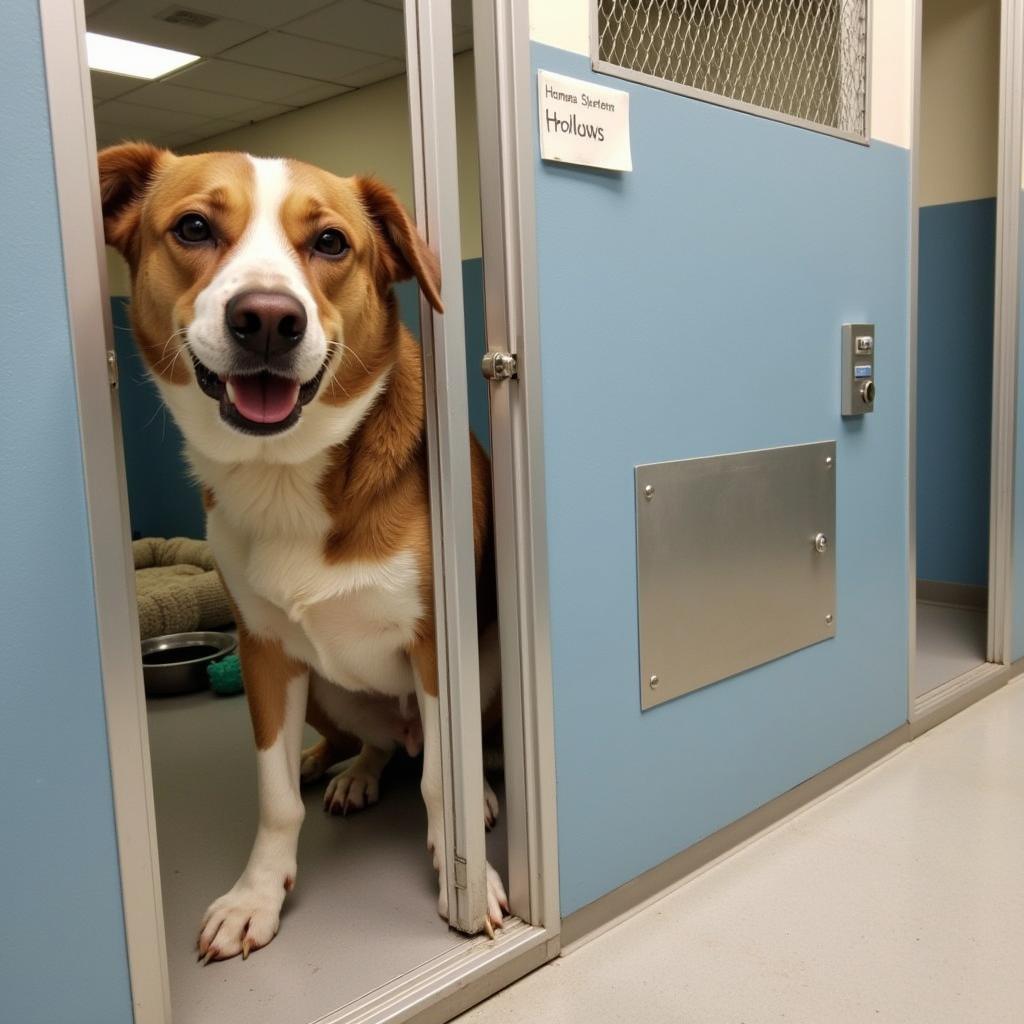Making the decision to surrender a pet is never easy. It can be an emotionally charged time filled with guilt, sadness, and uncertainty. You might be facing personal challenges, housing issues, financial constraints, or your pet may require specialized care you’re unable to provide. Whatever the reason, it’s important to remember that surrendering your pet to a humane society should be viewed as an act of love, ensuring your furry friend receives the second chance they deserve.
Understanding the Reasons Behind Pet Surrenders
Humane societies often see an influx of animals due to a variety of reasons. Recognizing these common situations can help to destigmatize the surrender process and encourage more pet owners to seek support when needed.
- Financial hardship: Unexpected job loss, medical emergencies, or other financial setbacks can make it challenging to afford pet care, including food, vet visits, and supplies.
- Moving and Housing: Relocation to a new home or city might present restrictions on pet ownership, such as size limitations or breed-specific rules.
- Changes in Family Dynamics: Divorce, new babies, or the passing of a family member can significantly disrupt a pet’s routine and environment.
- Behavioral Issues: Some pets may develop behavioral problems that require specialized training or expertise beyond the owner’s capability.
- Owner’s Health: An owner’s declining health or changing lifestyle might make it difficult to provide adequate care for their pet.
Navigating the Surrender Process: What to Expect
Most humane societies prioritize the well-being of animals and strive to make the surrender process as smooth as possible for both pets and their owners. While procedures may vary between organizations, here’s a general overview of what you can expect:
- Initial Contact: Contact the humane society to discuss your situation and learn about their specific surrender policies, potential fees, and available resources.
- Providing Information: Be prepared to share essential details about your pet, including their medical history, temperament, and any behavioral concerns. This information helps the shelter staff find the most suitable placement for your pet’s needs.
- Scheduled Appointment: The humane society will likely schedule a drop-off appointment to formally surrender your pet.
- Saying Goodbye: While this is undoubtedly the most difficult step, remember that you’re making a selfless decision to prioritize your pet’s well-being.
- Staying Informed: Inquire about the humane society’s adoption process and whether they provide updates on surrendered animals. Some shelters may offer follow-up communication if you choose to be informed.
Choosing Surrender: A Humane Decision
“Surrendering a pet is never an easy choice, but it can be the most responsible one,” says Dr. Emily Carter, a veterinarian with over 15 years of experience working with animal shelters. “It’s about recognizing when you’re unable to meet your pet’s needs and seeking a more suitable environment for them to thrive.”
Humane societies provide numerous benefits for surrendered animals, offering them a safe haven and a chance at finding a new loving home.
- Medical Care: Shelters typically provide immediate medical attention, including vaccinations, parasite treatments, and any necessary veterinary care.
- Nutritional Needs: Animals receive regular meals and fresh water, ensuring their basic nutritional requirements are met.
- Socialization and Enrichment: Many shelters provide opportunities for exercise, playtime, and socialization with staff and volunteers, enriching the animals’ lives during their stay.
- Adoption Services: Shelters work diligently to find loving forever homes for the animals in their care, carefully screening potential adopters to ensure compatibility.
 Dog in Kennel at Humane Society
Dog in Kennel at Humane Society
Moving Forward: Supporting Your Pet and Yourself
The decision to surrender a pet can be emotionally challenging, so allow yourself time to grieve and process your emotions. It’s important to remember that you’re making a difficult choice out of love and responsibility.
Here are a few ways to support both yourself and your pet during this transition:
- Spend Quality Time: Before saying goodbye, dedicate some quality time to your pet, engaging in their favorite activities and creating lasting memories.
- Gather Familiar Items: Sending a familiar blanket, toy, or bed to the shelter can provide comfort and reduce anxiety for your pet in their new surroundings.
- Seek Support: Don’t hesitate to reach out to friends, family members, or a therapist to process your emotions and find support during this time.
Finding a Humane Society Near You
If you’ve decided that surrendering your pet is the best course of action, start by researching reputable humane societies in your area. Look for organizations that prioritize animal welfare, have transparent adoption processes, and offer support resources to those considering surrender. Remember, seeking help from a humane society is a sign of responsibility, ensuring your pet receives the care and attention they deserve.
Frequently Asked Questions About Pet Surrender
What are the alternatives to surrendering a pet to a humane society?
Can I visit my pet after I surrender them?
How long does it take for a pet to get adopted from a humane society?
Do humane societies euthanize animals?
What should I tell my children about surrendering our pet?
Need Help?
For personalized support and guidance regarding pet surrender, please contact us:
Phone Number: 02043854663
Email: [email protected]
Address: Khu 34, Bắc Giang, 260000, Vietnam
Our dedicated team is available 24/7 to answer your questions and provide compassionate assistance.